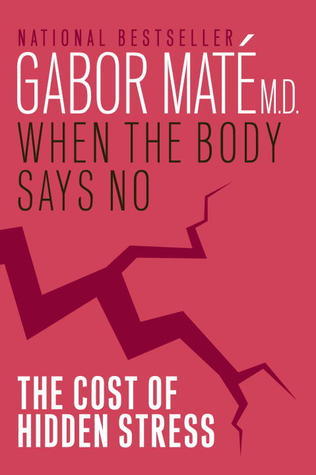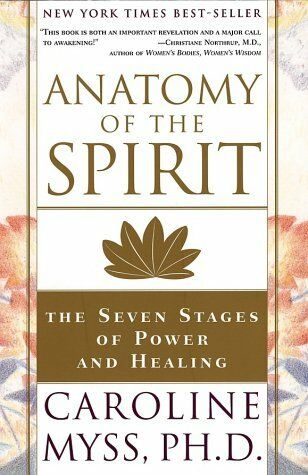
When the Body Says No: The Cost of Hidden Stress
Book Description
What if the silent screams of stress could manifest into physical illness? In "When the Body Says No," Gabor Maté unveils the shocking connection between unacknowledged emotional turmoil and the diseases that ravage our bodies. With compelling stories of individuals battling chronic illness, Maté argues that hidden stress plays a monumental role in our health crises. Each chapter exposes the staggering impact of societal pressure, unresolved trauma, and the desperate need for authentic connection. As the tension builds and lives unravel, one question looms: Can understanding the mind-body connection lead us to true healing, or is the cost of silence too high?
Quick Book Summary
"When the Body Says No" by Gabor Maté delves into the intricate connections between mind, emotions, and physical health. Drawing on research and real-life case studies, Maté exposes how chronic stress and repressed emotions silently erode the body, leading to a variety of illnesses such as autoimmune disorders, cancer, and chronic fatigue. The book argues that emotional suppression, often resulting from societal norms and unresolved childhood trauma, is a significant yet overlooked contributor to disease. Maté calls for a compassionate reevaluation of how we address health, urging both patients and professionals to consider the impact of emotional well-being. Ultimately, his insights advocate for greater self-awareness, authentic emotional expression, and deeper relationships as pathways to holistic healing.
Summary of Key Ideas
Table of Contents
The Impact of Hidden Stress on Physical Health
Maté opens the discussion by establishing the visible link between repressed emotions and physical disease. Drawing on scientific literature and patient stories, he shows that chronic stress—especially when unacknowledged—can compromise the immune system and set the stage for ailments like cancer, multiple sclerosis, and rheumatoid arthritis. Stress triggers hormonal and biochemical changes, demonstrating that our bodies "speak" the burdens our minds cannot articulate.
Emotional Suppression and Chronic Illness
One central theme is the destructive impact of emotional suppression. Maté illustrates how early life experiences, such as neglect or emotional invalidation, lead individuals to disconnect from their feelings as a survival mechanism. Over time, this disconnection turns inward, with the body manifesting unexpressed pain and unresolved conflict as illness. The inability to set boundaries or assert one’s needs becomes a silent epidemic with real physical consequences.
Societal and Family Patterns Influencing Health
Society and family structures play a considerable role in shaping how individuals process stress. Maté argues that cultural expectations—hyper-productivity, stoicism, and the stigmatization of vulnerability—compound the risk for illness. Familial patterns, such as parental emotional unavailability or chronic conflict, are transmitted generationally, teaching successive generations to disregard their own needs and instincts, further perpetuating hidden stress.
The Importance of Authenticity and Boundaries
Healing, Maté suggests, begins with awareness and authenticity. By reconnecting with suppressed emotions and learning to set healthy boundaries, individuals can break the cycle of chronic stress. Authentic connections—with others and with oneself—are crucial for resilience and well-being. Maté emphasizes compassionate self-inquiry as a first step, urging readers and patients to treat their emotional wounds with honesty rather than avoidance.
Pathways to Healing Through Self-Awareness
The book concludes with practical advice for respecting the mind-body connection in healthcare and daily life. Maté calls for a broader paradigm in medicine that includes emotional history as part of diagnosis and treatment. By championing self-awareness, seeking supportive relationships, and fostering environments where emotional expression is safe, individuals can make profound strides toward true healing, ensuring the body doesn’t have to "say no" for them.
Download This Summary
Get a free PDF of this summary instantly — no email required.





